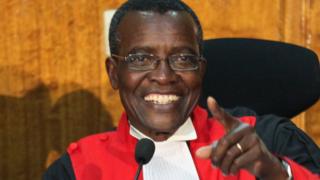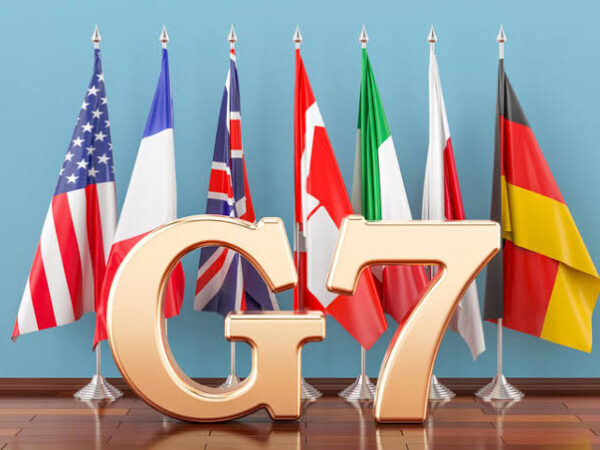Chief Justice David Maraga has introduced new practice rules that will limit presidential election petitioners to a maximum of 30 pages worth of arguments.
The new Supreme Court Rules (LN No6, 2020) published by Maraga will tighten the operations of the country’s apex court, which has been burdened with voluminous documentation and voluble submissions.
From coded colours to be used in filing of documents for ease of navigation to limiting the number of pages for applications, the new rules have also capped applications for appellate matters at just 15 pages.
They knock out “interested parties” from participating in advisory opinion proceedings of the court.
“A volume of any document shall be bound in book form, printed on one side of the paper, and shall not exceed one hundred and fifty pages in length,” the rules say of annexes to applications.
Pages of each application must be consecutively numbered on the top right-hand corner and every tenth line of each document must be numbered in sequence, on the right-hand margin.
The documents must be double-spaced, font-size 12, Times New Roman font-type, with margins of no less than 3.0 centimetres on the left, 2.0 centimetres on top and bottom and 1.5 centimetres on the right.
A complete record of appeal must be filed in both electronic form as well as in hard copy.
“The default display view of all documents filed electronically shall be 100 per cent,” the rules say.
The lawyers are forbidden from making extensive quotations from documents or authorities. The applications must also be set out in numbered paragraphs, and into sub-headings where specific issues are addressed.
Lawyers will also be required to make urgent applications “not later than noon on a Court working day”. That means no matter can be urgent in an afternoon under the new rules.
Where the authorities lawyers are citing to aid their case are decisions of the Supreme Court, the lawyers are forbidden from availing the hard copy of the judgment. They can only give the full citation and make reference to the relevant paragraphs.
“Where the authorities are other decisions, the parties shall give the full citation, attach the hard-copy case law and highlight the relevant portion being relied on,” they say.
Where they are relying on the Constitution, statutes or other legal instruments such as treaties, protocols and conventions, they can only give the full citation, as well as an excerpt of the relevant provision and nothing more.
Non-compliance with the court directions shall result in penalties such as payment of costs and adjournment fees, dismissal of the matter and any other sanction that the court may impose in its discretion.
For one to be allowed to participate in the proceedings, the issue shall be determined at the pre-trial conference immediately after the application has been certified urgent by the registrar of the court.
It is also at the pre-trial conference that the issue of whether to allow an amicus curie to participate in the proceedings shall be decided.
And unlike before when a number of parties could participate in such a reference, the CJ said the Supreme Court shall determine the parties to participate.
The 2012 rules allowed parties served with the advisory opinion reference to notify the court within seven days of their willingness or otherwise to be enjoined.
CJ Maraga said adjournments of scheduled proceedings shall not be allowed by the court except in exceptional circumstances, and where a matter is taken out of the cause list at the instance of the court, a new date shall be allocated on priority basis and all parties notified.



